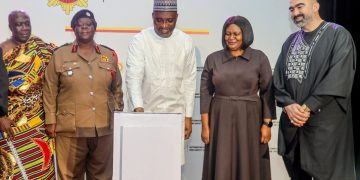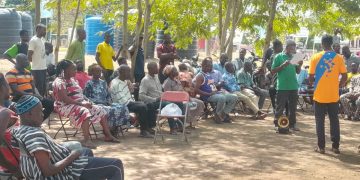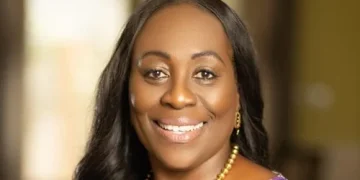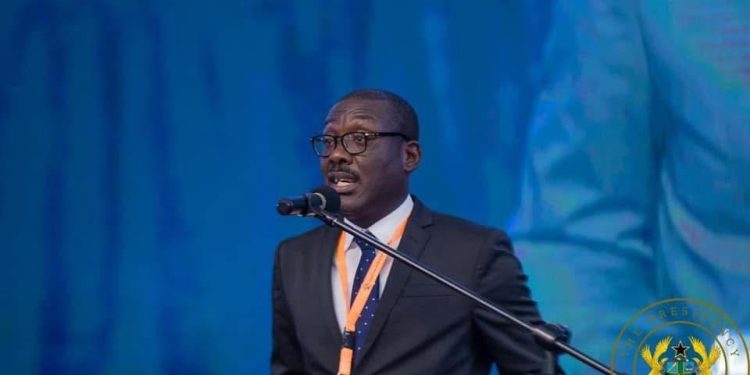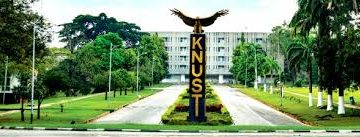Former Ghana Bar Association President, Yaw Acheampong Boafo Esq., has urged educational authorities to reconsider the current computerized school placement system and adopt the traditional method where senior high schools managed student admissions directly.
In an interview with Millicent Safo-Adu on Bresosem at Abusua965FM monitored by Kumasimail, Mr. Boafo expressed concern over widespread bribery and corruption allegations plaguing the computerized system implemented by successive governments.
He firmly believes the solution lies in returning to the old system, which he says was more transparent and easier for parents to understand.
“I believe if possible, admission should go back to the school level just like the olden days,” Boafo stated.
He lamented the complexity of the computerized school placement method, noting that “nobody knows how it works,” and insisted that any public service system must be clear to the people it serves.
He criticized the recently introduced double-track system where students are inconsistently in school or at home, causing confusion for parents accustomed to a three-term academic year with predictable school fees.
Mr. Boafo remarked “What we parents understand is that after Christmas, we will pay school fees; after Easter, we will pay school fees; and after the October vacation, we will pay fees. Our ward attends school for three terms, but today, the back and forth is too much. Form 1 students went to school last week, while Form 2 students are still at home.”
Describing the old method of school placement, Mr. Boafo said that during his time, student placements were straightforward.
He recounted “Anyone who chose a certain school and scored 200 on the common entrance had their name posted at the school. Admission was visible and accountable, with the headmaster signing off enrollment numbers each academic year. Parents knew why their children were admitted or not.”
But, today, Mr. Boafo observed, the placement system uses complicated metrics like raw scores, subject placements confusing parents or guardians.
He emphasized “Today, your ward’s results may show that he attained 8 As, yet the explanation involves raw scores, subject placement, and other complex factors like algorithms, which are difficult to understand.
“So parents do not understand what is happening. They wonder why their ward who got grade 9 was not admitted to Opoku Ware, while someone with grade 25 was admitted. What are the actual factors for admission?,” Mr. Boafo asked.
He urged that admissions be delegated to schools to make cut-off grades clear and transparent. Drawing a comparison to university admissions, he highlighted that institutions like KNUST openly declare course cut-off points, such as for Medicine, allowing the public to understand admission criteria.
“So, for universities, we know how admissions are granted, but I don’t understand why, in secondary education in Ghana, if your ward passes, you don’t know how he or she was admitted,” Mr. Boafo noted adding “This computerized placement system won’t be understood today or tomorrow; the average Ghanaian parent will not appreciate the intricacies of computer programming.”
Yaw Boafo concluded by advocating a simplified placement system that everyone can understand, advocating a return “to the old simplified system where everybody knew how things were done” to restore fairness, transparency, and trust in student admissions
Source: www.Kumasimail/Kwadwo Owusu


